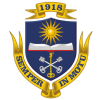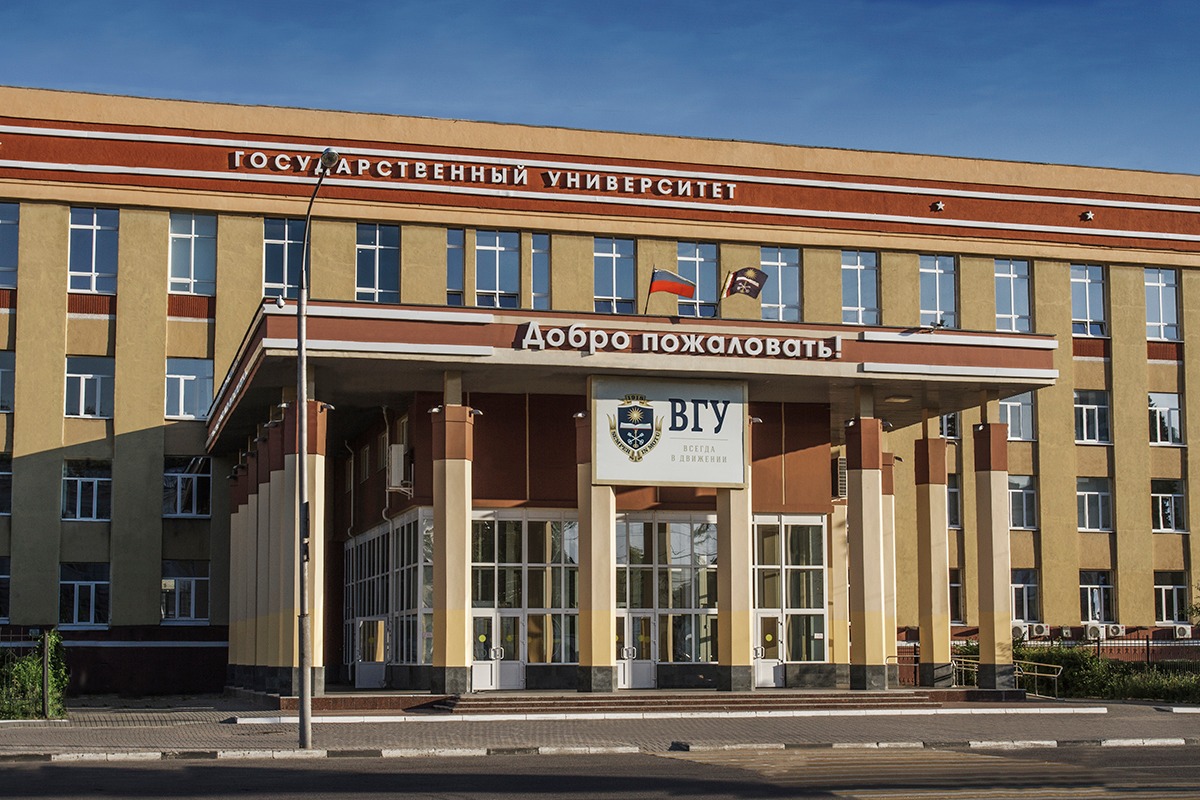1 Universitetskaya pl., Voronezh 394018, Russia
Career Counselling

Voronezh State University, established in 1918, is a research-focused institution of higher learning located in the city of Voronezh in the European part of Russia. With over 21,000 students, it is a vibrant center of academics, sports, and culture in its city.
The organizational structure of the academic and research side of Voronezh State University contains 18 Faculties (including Chemistry, Physics, Economics, Geology, History, Journalism, Law, Mathematics, and Philosophy and Psychology), 6 Research Institutes, and 16 Research Lab...
| Establishment year | 1918 (roots can be traced back to 1802) |
| Total Students | 21,000+ |
| International Students | 1,000 (number of international graduates per year) |
| QS World University Rankings 2024 | 1201-1400 |
| Campus Size | N/A |
| Total Number of Campuses | 1 (academic buildings spread throughout the city of Voronezh) |
| University Website | https://www.vsu.ru/english/ |
| No. of Schools and Divisions | 18 Faculties and 6 Research Institutes |
| Nobel Prize Winner Alumni | 1 (Pavel Cherenkov) |
| No. of Education Programs | 49 (undergraduate), 138 (Master’s), 15 (PhD), 11 (Specialist) |
| Student to Faculty ratio | 13:1 |
Voronezh State University offers undergraduate and postgraduate courses through 18 Faculties, which are further subdivided into Departments.
All international applicants to Voronezh State University must satisfy the following criteria:
In addition, applicants to different courses must be able to submit proof of qualifications gained. For example, postgraduate applicants must be able to show a degree certificate and academic transcripts, duly certified by the issuing authorities. Undergraduate applicants need to submit a high school year 12 leaving certificate. Competitive courses may mandate a certain minimum level of performance in prerequisite subjects.
International applicants to VSU must start by filling out the online application form on the university's website. The following steps are involved:
Undergraduate tuition fees at VSU vary according to Faculty and Department. Some indicative numbers before give the range of annual fees for international students:
Master’s program tuition fees for international students also vary by Department:
There are three accommodation options available to students of Voronezh State University, each with their own associated costs. The most popular option is renting a flat near the city center, which comes to 250-400 Euros per month for a maximum of 4000 Euros per year for ten months spent on campus. Campus dormitories are cheaper, but have limited spaces and do not offer food. International students can also stay with host families; this option costs roughly the same as renting a flat. Students must also budget for food, travel, and personal costs, which usually come to a fraction of the accommodation cost. The University estimates that these other living costs add up to 10,000 rubles (approximately 125 USD) per month, not including annual insurance purchases.

VSU is unique among other top Russian universities in that it has a large number of museums on campus, which together enable interested students to learn much more about certain subjects, and appreciate the history of the University more deeply. The different collections are housed in the Anatomy Museum, the Museum of Books, the Museum of University History, the Ethnographic Museum, the Zoological Museum, and many more.
There are sports and fitness options for all levels of skill at the University, from novice to advanced. The Sports Club organizes regular training and match fixtures in several disciplines, including aerobics, athletics, badminton, chess, football, sambo, swimming, table tennis, tennis, wrestling, and volleyball. These are all free, and there are many excellent gyms and fitness clubs in the city of Voronezh, near the University. The best athletes compete in inter-faculty championships in all these sports. For recreational fitness enthusiasts, the city has many reasonably priced swimming pool memberships, with kayaking clubs, athletics, skiing, and cycling options available.
Elite athletes abound at the University, with hundreds of nationally ranked players in different sports, and 18 National champions enrolled at VSU. To hone the skills of all skilled players, the VSU University Olympics are held every year, in 14 different sports. A total of 2000+ students take part in these.

Cultural clubs at VSU organize regular training sessions and events in various areas like fine arts, performing arts, dance, and theater. These clubs come together to organize unique events like the Theater of Equals, where disabled actors perform at an equal footing with other actors. This allows equal access to cultural performances for all talented students of the university and is a major step towards creating a truly inclusive atmosphere. VSU is also a partner of the Platonov Arts Festival, and is therefore a member of the larger cultural landscape of the city of Voronezh.
The Joint Students' Board of VSU coordinates the activities of all student clubs, organizes events related to extracurricular activities, and makes plans for the development of student organizations e.g. through additional resources required.
The VSU Volunteer Club is the umbrella organization for most social work activities on campus. Through this, students can volunteer to spend their spare time helping towards good causes in the environmental, charitable, and educational spheres.
The flagship financial award for international students at VSU is the Oxford Russia Fund (ORF) Scholarship. Master’s and Doctoral students in the Humanities are eligible to apply, and it covers tuition fees related to these degrees. The selection procedure is extremely robust, with applicants going through a first selection stage within Voronezh State University, followed by a national selection round in Moscow. The final round of interviews happens in London. Winners of this scholarship also receive other benefits such as academic mobility: they can take part in an exchange program with another elite university in a partner country.
